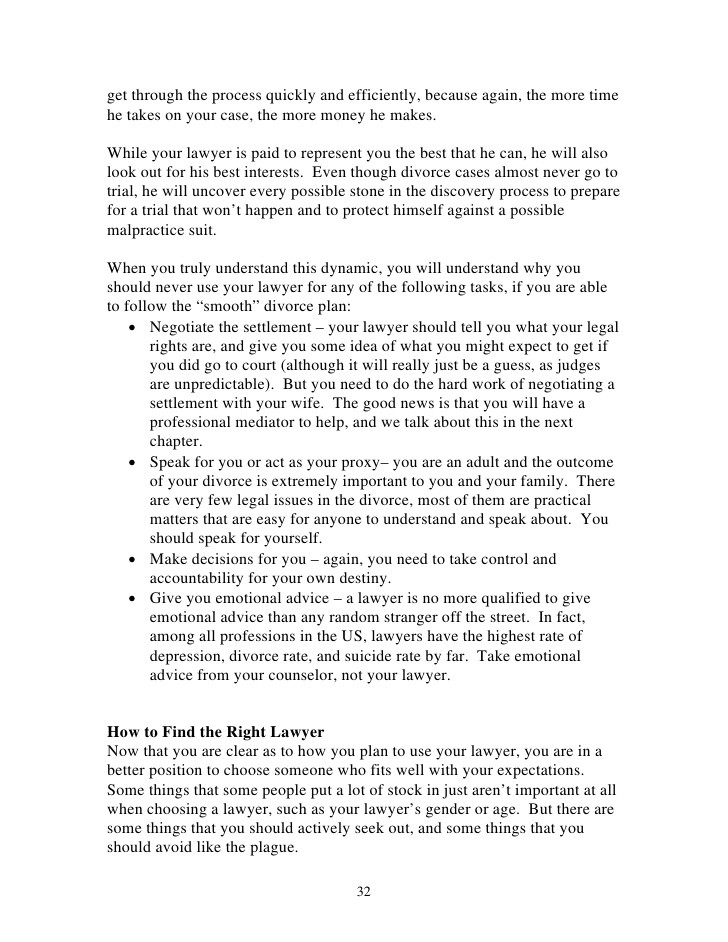Safeguarding Your Money if You Anticipate a Hostile Divorce For Dummies
Post on: 16 Июль, 2015 No Comment

If you suspect that your divorce will be a knock-down, drag-out fight or if you’re certain that your divorce won’t go smoothly, prepare to take the following steps prior to the start of your divorce. Protecting yourself from financial harm and having ready access to the financial resources you may need during your divorce is important.
Open accounts in your own name
If you share a savings account with your spouse, withdraw only some of the money in the account maybe half, depending on your needs and the amount in the account and deposit it in a new account in your own name at a different bank. Open your own checking account in the same way.
If you haven’t informed your spouse of this financial move, after he or she learns about it, expect some fireworks that’ll make your divorce agreement negotiations more difficult. If you withdraw an unreasonable amount of money (and just what constitutes an unreasonable amount is something your attorneys have to decide), you may end up getting less in your property settlement.
Also, beware of leaving too little in your checking account to cover your monthly expenses, especially if the checking account you share with your spouse usually contains just enough funds to pay the monthly bills. Bounced check charges and angry creditors are the last things you need right now!
Close your joint accounts
Close any joint credit card accounts you have with your spouse. Also, if you and your spouse have a line of credit with a bank or credit card, cancel or reduce it. Be sure to inform your spouse of what you have done.
If you can’t close a joint account because of an outstanding debt that cannot be paid off immediately, write the creditor to explain that you won’t be responsible for any additional debts on that account beyond the current outstanding balance.
Individual credit that is, credit in your own name is essential to your having a life on your own. But building a credit history in your own name can take time. If you don’t have individual credit when you close your joint accounts, you may have to wait several years before you have access to credit at the best terms.
Stash your important personal property
If you’re concerned that your spouse may try to damage, destroy, or steal any of your personal property in anger or out of a desire for revenge, find a safe place to hide your valuables. That can be a safe-deposit box in your name, the home of a trusted friend or family member, your office file cabinet, or any other place where your spouse can’t access it.
If your spouse steals or damages your personal property, you may be able to sue your spouse for theft or destruction of property. Your attorney can use evidence of your spouse’s destructive behavior as leverage during your divorce negotiations or divorce trial.

Protect your mutual assets
If your spouse is angry about your divorce or wants to get revenge, he or she may try to use up your joint assets rather than allow you to get a portion of those assets in your divorce. If you’re concerned that your spouse may attempt this, consult a family law attorney right away about what steps you can take to safeguard your joint assets. For example, the attorney will probably advise you to avoid maintaining large cash balances in your joint checking accounts or will file a temporary restraining order and request an emergency hearing regarding the property in question.
Identify sources of cash
Protecting your legal rights when you’re involved in a hostile divorce takes money, and lots of it. If you anticipate that your divorce will be hostile, start identifying the financial resources you have at your disposal right now. Those resources may include your separate property (such as your savings account, stocks, bonds, or mutual funds), borrowing against your retirement fund, getting a second mortgage on real estate, borrowing money from family members, and anything else along those lines.
Talk with a CPA or your financial advisor about the tax consequences and other implications of selling stocks or mutual funds, borrowing against the funds in your retirement account, or taking a second loan on the real estate you own.
- Add a Comment Print Share














